Morgan Geyser, the main culprit behind the infamous 2014 stabbing of Payton Leutner, has been granted an early release by a Wisconsin judge.
Leutner, a 12-year-old at the time, was mercilessly stabbed 19 times in a forested area of Waukesha, Wisconsin, by Geyser and Anissa Weier, who were her age. The girls carried out the crime to supposedly please “Slenderman,” a fictitious monster made famous at the time by movies and video games.
Both culprits were immediately arrested following the event and charged with attempted first-degree homicide. The severity of the crime meant that both girls were charged as adults. Geyser, who showcased heavy signs of mental illness, was diagnosed with early-onset schizophrenia and psychotic disorder.
Geyser was then committed to the Winnebago Mental Health Institute, where, according to the judge, she completed all available treatment, allowing him to instruct her conditional release.
Morgan Geyser, the girl responsible for stabbing her 12-year-old friend 19 times in 2014, was granted a controversial conditional release

The decision proved controversial among netizens, who believed Geyser’s actions pointed to an inner malice untreatable by modern psychiatry.
“This is bull manure. She deserves the full 40 years,” a reader stated. “There should be zero option for any release. This human is completely insane and has zero empathy or understanding of human life.”
Others were so outraged they called for the removal of Waukesha County Circuit Judge Michael Bohren for his ruling, which included instructions for the state’s Department of Health Services to create a detailed plan for Geyser’s conditional release to a group home.
“The judge should be removed,” another said. “Would he feel safe sleeping in his house if she lived with him?”
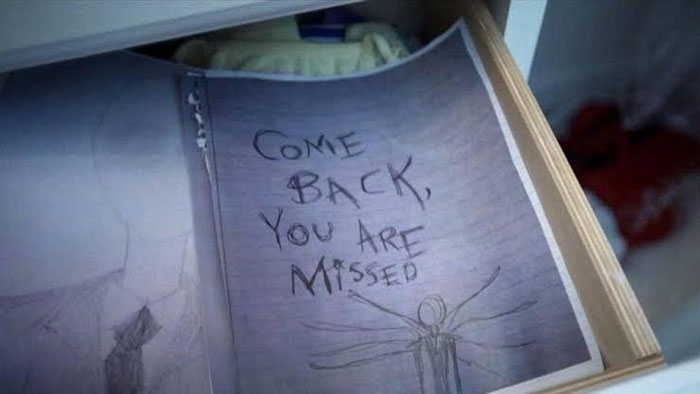
Bohren was not alone in his assessment, as multiple doctors who worked closely with Geyser, such as Dr. Brooke Lundbohm, advocated for her release. Interestingly enough, Lundbohm herself was instrumental in denying Geyser’s previous release pleas.
According to the doctor, Geyser’s emotional regulation had improved “significantly” since early 2024. Her auditory hallucinations had also ceased entirely, a surprising development considering their persistence since 2021.
While doctors claim Geyser made significant progress in her treatment, detractors believe she should serve the entire 40 years of her sentence
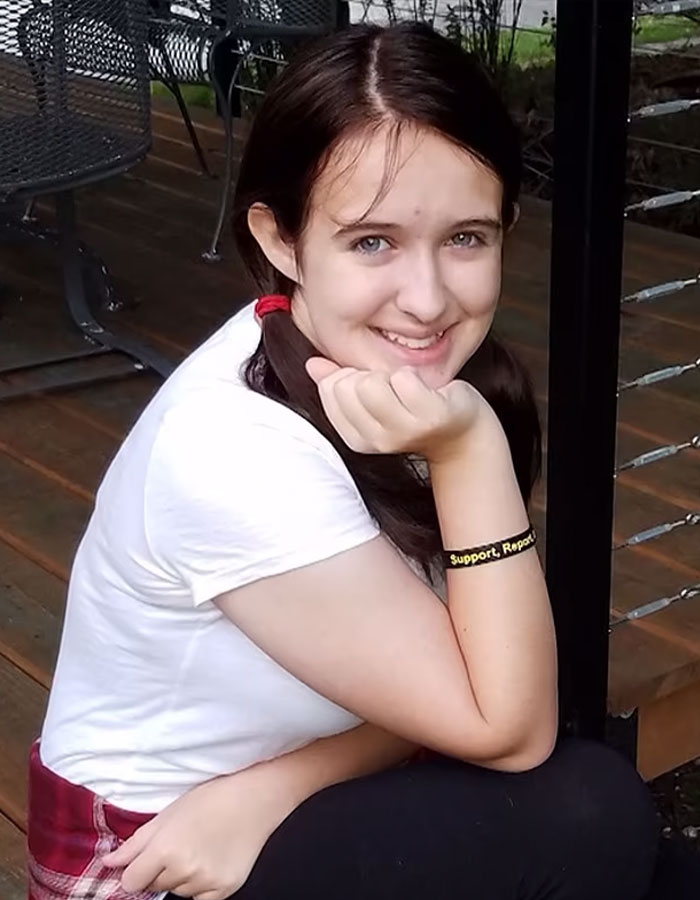
The main argument behind both Bohren’s and Lundbohm’s decision to grant Geyser her conditional release was that the culprit had a better understanding of her delusions and was able to distinguish reality from fantasy with greater accuracy.
The improvement was attributed to a combination of factors, including her maturing mindset and her dedication to treatment, both the result of a suicide attempt in October 2021.
Prosecutors, on the other hand, recounted the events of that mournful day in 2014, describing how Geyser and Weier lured Leutner into the woods after a seemingly innocent sleepover, where Geyser proceeded to stab her multiple times while Weier encouraged the attack.
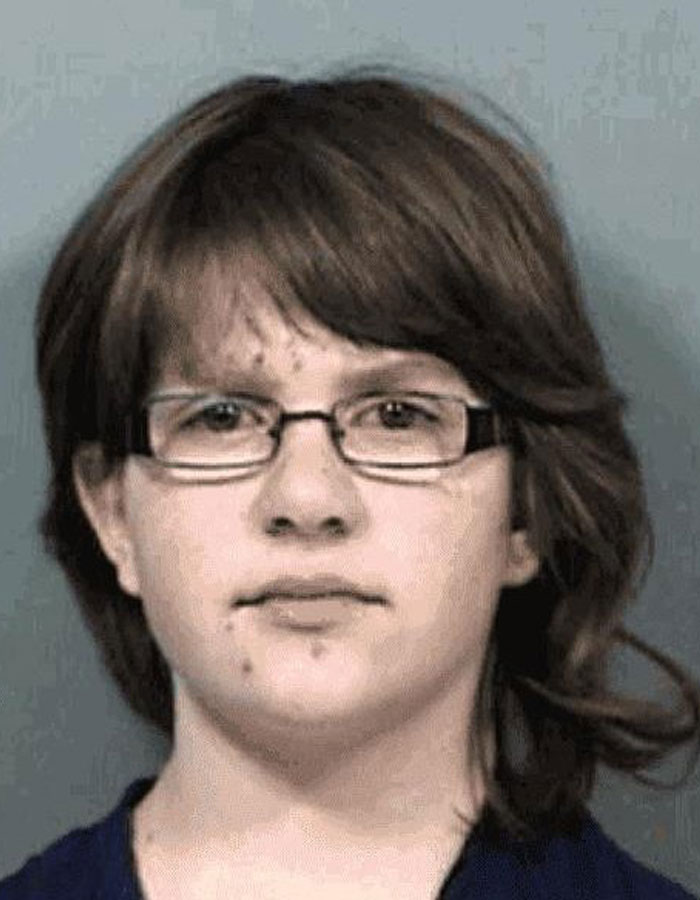
The two girls left Leutner for dead, with the 12-year-old using all of her remaining strength to crawl out of the forest, only surviving thanks to a passing cyclist who took her to a hospital.
While Payton Leutner managed to survive, according to letters sent to the court by her mother, she continues to deal with the emotional and physical trauma of that day.
For instance, one of the stab wounds narrowly missed a major artery near her heart by less than a millimeter, which needed complex procedures and physical therapy.
The betrayal by people she trusted at such a young age likely led to symptoms of post-traumatic stress disorder (PTSD), with certain triggers bringing back memories of the attack.
According to experts, early diagnosis of Geyser’s schizophrenia was critical in designing an effective treatment plan
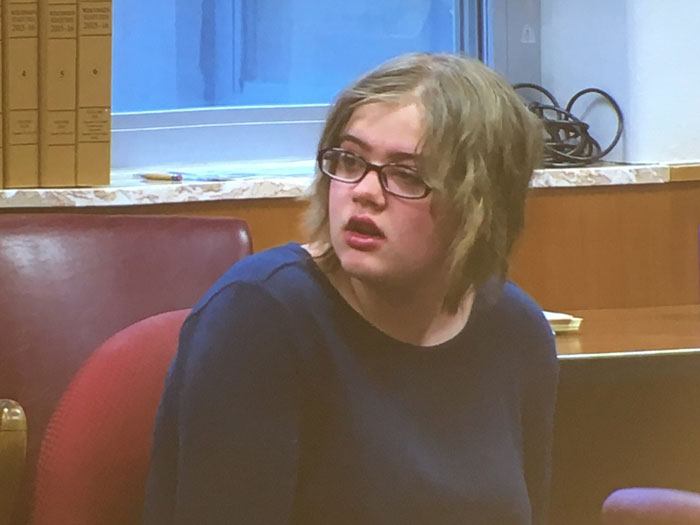
Geyser’s conditional release, pending approval at an upcoming hearing within 60 days, would follow her accomplice, Anissa Weier’s, release, who was initially sentenced to 25 years in a mental health facility but was granted her freedom after serving about 7 years.
Much like Weier’s release at the time, news of Geyser’s potential freedom was negatively received by most netizens, who believed the girls should’ve remained in the facilities for the entire duration of their sentences.
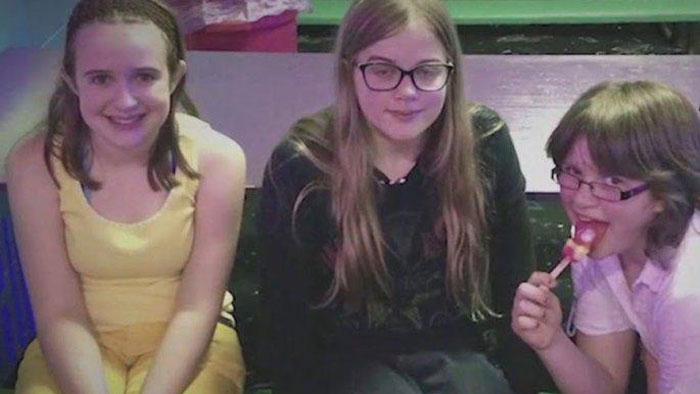
To better understand the possibility of a child with psychopathic traits being able to be treated, Bored Panda spoke with Abigail Marsh, author and neuroscience professor at Georgetown University, who said that applying the correct type of therapy can make all the difference.
“We know that early screening, diagnosis, and treatment can dramatically shift the trajectory of child psychopathy. There are treatments that make a significant difference in symptoms and outcomes,” she explained.
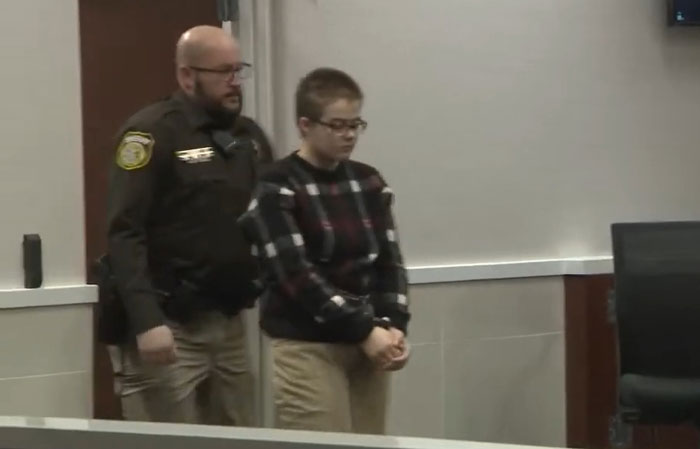
Marsh also talked about the role that Geyser’s schizophrenia played in her behavior, which made her a particularly dangerous case.
“More than one kind of psychological disorder can increase the risk of violence. For example, people with schizophrenia are 17 times more likely to commit homicide than a typical person,” the professor revealed.
“Which is one reason it is so incredibly important to provide support and treatment to reduce their symptoms.”
“This disgusts me.” Netizens were outraged by the judge’s decision, feeling that justice was being undone


















